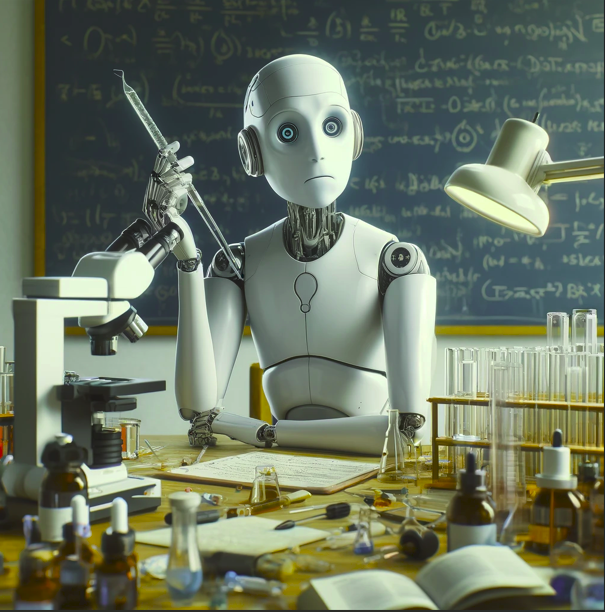Member-only story
Workplace Culture & AI: It Gets Complicated Fast

Imagine, if you will, a couple of years from now and most workplaces have an AI agent assigned to employees and managers. One day, the CEO asks the AI agent what it would decide on an issue, the CEO disagrees. This starts to happen a lot. But the AI agent has been given agency. A battle of wills and egos plays out. Things go badly for the company. Who gets fired; the CEO or the AI agent? Who makes that decision? The human board of directors or the Board’s AI agent?
This may not be that far fetched. We have already begun to give some AI tools like ChaGPT, a degree of agency. We are anthropormophizing AI at a rapid pace. In an organisation where AI agents are engaged, they will learn not just from corporate data, but their social interactions with employees, customers, suppliers. They in effect, become social actors.
In this article I look at some of the potential implications of AI in the workplace as a cultural (digital) anthropologist. While most discussions are just around productivity, it is becomingly increasingly important to look at overall workplace culture and AI’s place.
In this way, we can better mitigate for risks and also plan better ways to make AI agents more successful and thus, humans more successful and a business. AI agents are very different from standard Information Technology (IT) because they have agency. IT systems are not neutral, but IT systems don’t make decisions. Humans do. This is a critical distinction. This blurs even more with the deployment of machines that are social.
First I will describe what I mean by an AI agent and machines as social actors. Then I look at some potential issues to be considered. The deployment of AI agents will need input from HR professionals, senior management and employees at all levels.
What Is An AI Agent As a Social Actor?
We are all social actors. Essentially, it is us as humans who take actions that impact our social lives. This can be at the micro level such as parents making decisions for children and taking action. At a macro level this would be the leader of a country. Social actors make rules and policies on how we run our societies. From rules at home to rules of a nation or like the United Nations.









